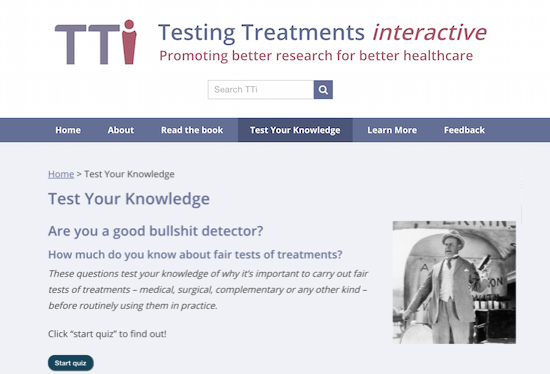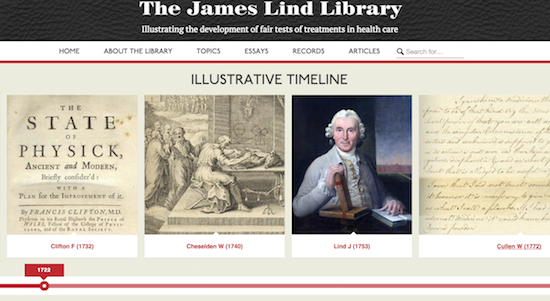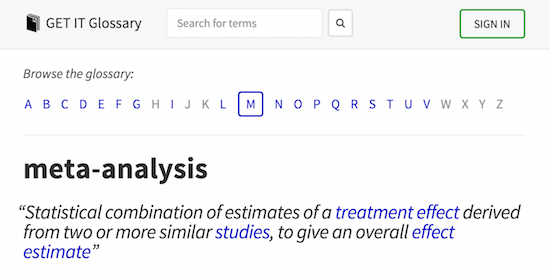
Hello! It’s André and Douglas here. We are two of the main people behind the National Elf Service and Founders and Directors of Minervation Ltd.
We have been asked a few times over recent weeks to explain why we started the Mental Elf and the National Elf Service, which we have done in a series of blogs on this site, e.g.
- Coping with the avalanche of evidence-based mental health research
- The Mental Elf welcomes you to the National Elf Service
- New ways to engage with research evidence
We’ve also been asked a lot about our other work at Minervation; a digital consultancy specialising in design, development, content and evaluation services to support evidence-based healthcare. So here goes, a whistle-stop tour of our background and our recent projects.
Over 20 years in evidence-based healthcare (EBH)
We have both worked in many different settings (NHS, University, Commercial) but share a commitment to evidence-based practice, coproduction and user-centred design. We’re both Information Scientists who have worked in Oxford since the early 1990s, so we’ve been lucky enough to be part of the extremely influential EBH movement and have worked closely with some of the great gurus in this field (Muir Gray, Iain Chalmers, David Sackett, John Geddes).
In 2002 we set up our own business (Minervation) as a spin-out from Oxford University so that we could fully focus our time on building evidence-based websites for the NHS, charities, universities and companies in the UK, across Europe and in North America.
Here are a few of our recent projects, to give you a feel for the kind of work we do away from the National Elf Service.
Testing Treatments Interactive
This website hosts an electronic version of the book Testing Treatments with additional resources we have identified that assist in understanding key concepts underlying the need for fair tests of treatments.
The English language version of the website is aimed at intermediaries, that is, people who are involved in communicating with the public about research evidence. The initial focus is on students, teachers, journalists, science writers and members of the public involved in reviewing research. The website is also available in 11 other languages.

The Testing Treatments website will help you hone your critical skills.
Generation R
We designed this website with and for young people’s advisory groups (YPAGs) who are involved in clinical research. There are six YPAGs active in England.
The site provides information for young people, carers and researchers who are interested in active participation in research. It is updated regularly by the YPAGs themselves.
James Lind Library
The JLL provides primary records, articles and essays on key developments in the history of fair tests of treatments. It is aimed at researchers, health professionals, educators and members of the public who are interested in the history of health research.
The collection extends back to Greek medicine and is continually being expanded. We are currently focusing on developing the material relevant to “Using the results of systematic reviews”, although other material is also added regularly.
Users can search or browse the collection, or use a timeline to access information about selected milestones.
GET-IT glossary
The GETIT Glossary is aimed at members of the public. It provides plain language definitions of terms relevant to health research, plus additional explanations, examples and other resources to assist understanding.
The Glossary can be browsed on the web, but is also available to web developers as an API that can be installed on another site, and as a WordPress widget. Administrators can create multiple instances of the Glossary to host translations or alternate versions. Work is underway on Finnish and Norwegian versions. Alternate instances are synched via a master version.
Also worth a mention
The EQUATOR Network
A database of Reporting Guidelines plus the EQUATOR blog and corporate website. http://www.equator-network.org/
The AGREE Enterprise
An online appraisal tool for Clinical Practice Guidelines with over 19,000 registered users. http://www.agreetrust.org/
Centre for Evidence-Based Medicine
A blog, corporate site and collection of resources relevant to EBM, plus a separate site that supports the Evidence Live conference. http://www.cebm.net/
We are always on the lookout for new projects, so if you share our commitment to getting the evidence to people who need it, get in touch!



Say hello to the people behind the National Elf Service https://t.co/oj1ODR1cPH
Say hello to the people behind the National Elf Service https://t.co/6IH27D5SGw
Find out more about André & Douglas from @Minervation The company behind the National Elf Service http://t.co/ypDAG26Fus